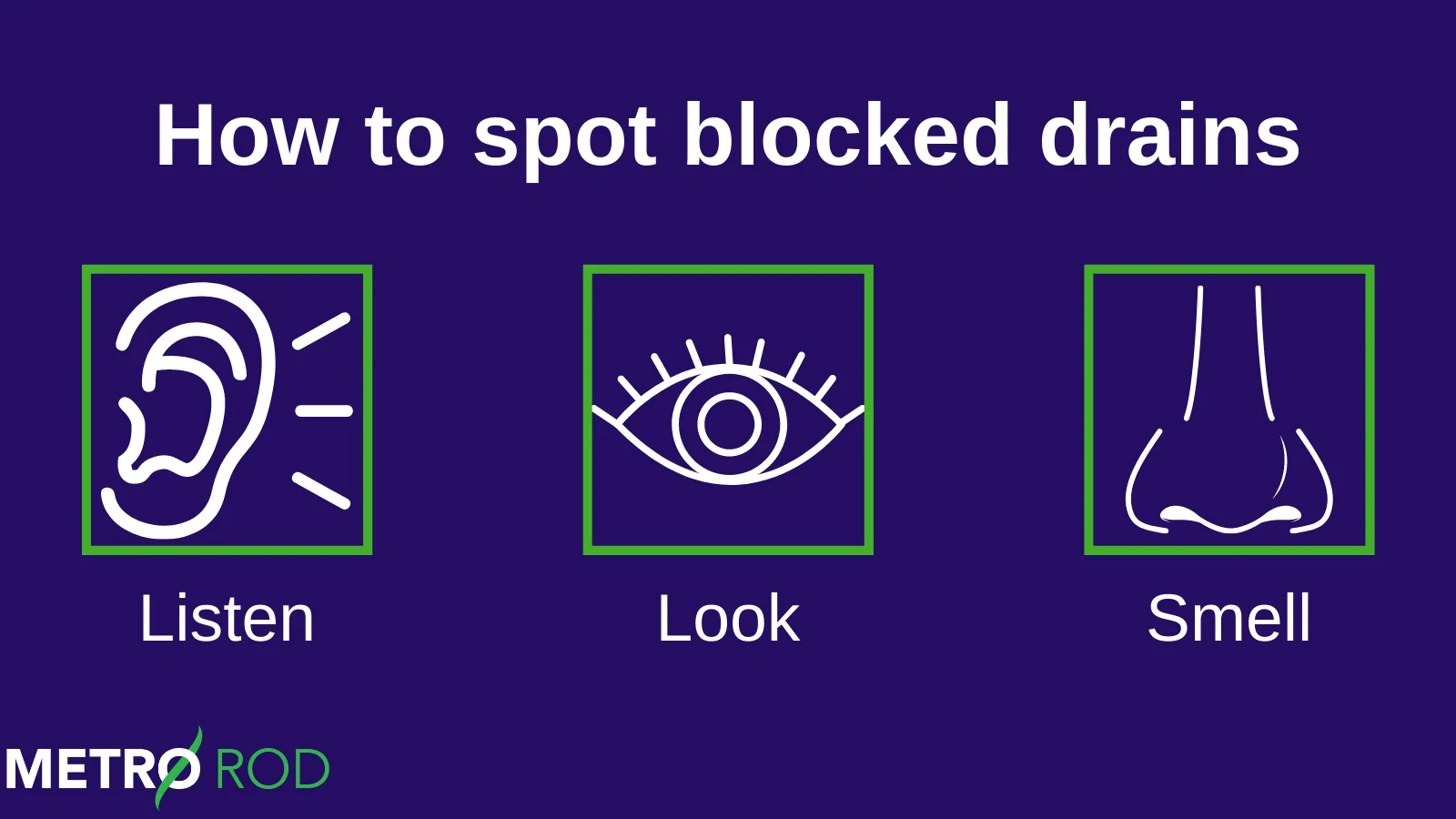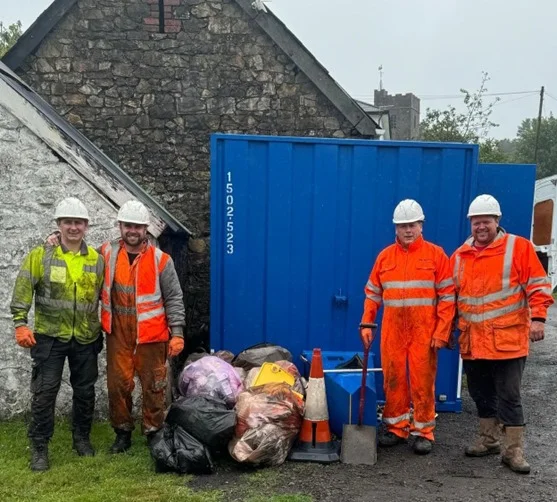Spotting a blocked drain fast is the best way to prevent further damage to pipes and other equipment from occurring. If you leave a blocked drain undealt with then this can cause problems like leaks and burst pipes.
In isolation, the following symptoms are cause for concern, but discovering more than one symptom could mean you are facing a plumbing emergency.
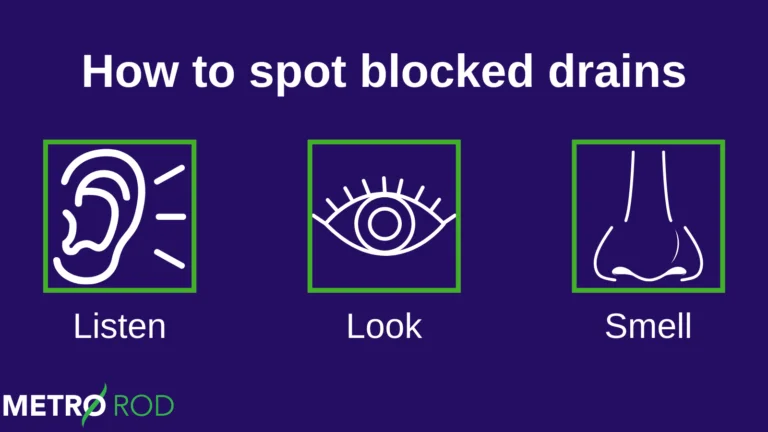
What to watch out for:
Look
The most obvious sign of a drain blockage is when toilets/sinks/baths are draining slowly. If it is a nasty blockage, then the water may not drain at all. If you find when you are draining your bath that the water is taking a while to lower and ebb away then it is possible you have a problem somewhere in your drainage system. Over time it is normal for scale build-up to make your pipes narrower making it harder for water to drain away. The build-up can become worse when hair and food are washed down the drain.
Another sign of a blockage could be rising toilet water. If you are flushing a toilet and the water in the toilet rises it can be difficult not to panic. But the important thing is not to try flushing again. The main causes of water rising from the toilet are blocked pipes from putting sanitary products, wet wipes, or even too much toilet paper down the toilet. The reason these cause drainage issues are because these are insoluble products that won’t break down in the water, but instead, they stop the water in your drains from flowing.
Common questions about slow drainage:
What if the water is only draining slowly from my bathroom sink?
This means that the blockage is in the fixture itself or the pipe leading to the singular fixture.
What if the water is draining slowly from all my kitchen and bathroom facilities?
This would tell us that it is most likely that the blockage is located in the sewer drain.
Why is water rising elsewhere when flushing the toilet or running taps?
This could be a blockage that is affecting multiple fixtures including outdoor drains/sewers.
Smell
A bad smell is always a sign of something wrong with the drainage systems. Smelly drains usually mean that there is a blockage or potentially a broken pipe in the system. Waste from sinks and toilets are normally what blockages are made up of, therefore, the smell starts to arise when the waste starts to rot.
Common questions about smells:
Do visual signs of blockages come before bad smells?
No, bad smells can sometimes be the tip-off before any symptoms of blockages are visual.
What smell should I look out for?
Clogged and dirty drains usually smell like rotten eggs or sewage.
Why does my drain smell musty?
Musty smells are often due to active mold growing under a drain cover both inside and outside the home.
Sound
If you hear a noise coming from any plumbing fixtures including pipes, then this could indicate a blockage. The trapped air causes a sound because the water cannot flow freely inside the pipe, creating a vacuum behind the blockage resulting in the noises.
Common questions about sounds:
What does a blockage sound like?
The main sound a blockage makes is a gurgling noise (glug, glug, glug)
What we can do to help:
Regular Inspections
Having regular inspections on your drain and sewer systems can help Metro Rod identify any problems you may have or any potential problems that you could have in the future. Having regular examinations before any drainage problems could help us find the problem faster as we have the previous knowledge.
CCTV Drain Surveys
Due to most of the plumbing systems in businesses and homes being hidden away, it makes it hard to notice a potential issue. With CCTV surveys Metro Rod can examine the whole of the plumbing system, spotting any fault. CCTV surveys are best utilised when in a property that is vulnerable to blocked drains, has recurring blocked drains, and if there has been no drain inspection by a professional in a few years.
Drain Cleaning
Cleaning your drains routinely is very important to keep your home safe. Cleaning drains can help stop unpleasant smells, make your home more hygienic, prevent drain damage and prevent future blockages.
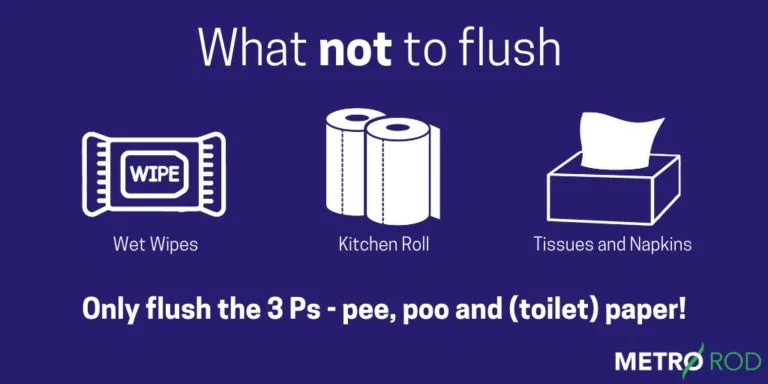
How to prevent further blockages:
By taking preventative measures, the risk of further blockages can be reduced. The most common causes of blockages are waste that is unsuitable for the toilet or drain. Therefore, here at Metro Rod, we encourage only flushing the 3 P's - Pee, Poo, and (toilet) Paper!
3 ways to prevent blockages:
Using a plug screen over the plughole can catch any foreign material such as food waste, hair, and soap particles.
Dispose of any materials such as sanitary products, cotton wool, and wipes in the bin.
Do not flush any oils, medicine, etc into the sink as they can thicken and latch around the edges of the pipes.
Have you got a blocked shower drain? Is your sink blocked?
We can help! Whether it's unblocking a sink or bath drains we can get your drains back on track!
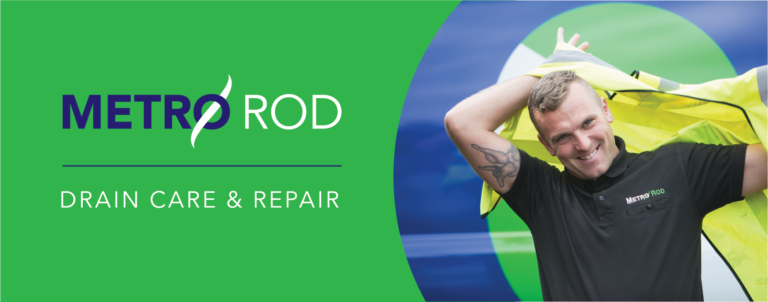
Are you in need of reliable and efficient drainage or plumbing solution? Metro Rod Newport, Hereford, and Gloucester can help you and your businesses or home with our services
Call us on; 01495 305578
Visit our websites; Newport and Hereford or Gloucester
Email Us; Newportandhereford@metrorod.co.uk
Find Us On; Twitter or Facebook or LinkedIn
Metro Rod Newport, Hereford, and Gloucester are available 24/7 where we are able to deal with multiple types of drainage problems and issues including:
- Unblocking drains
- Gutter cleaning
- Drain clearing
- CCTV drain survey
- Septic tank pumping
- Vacuum tank maintenance

Talk to your local Metro Rod specialist
We are always happy to arrange a free site assessment and no obligation quotations for any work you might need. Alternatively, you can call our emergency hotline number on 0800 66 88 00
Get in touch Drainage Services